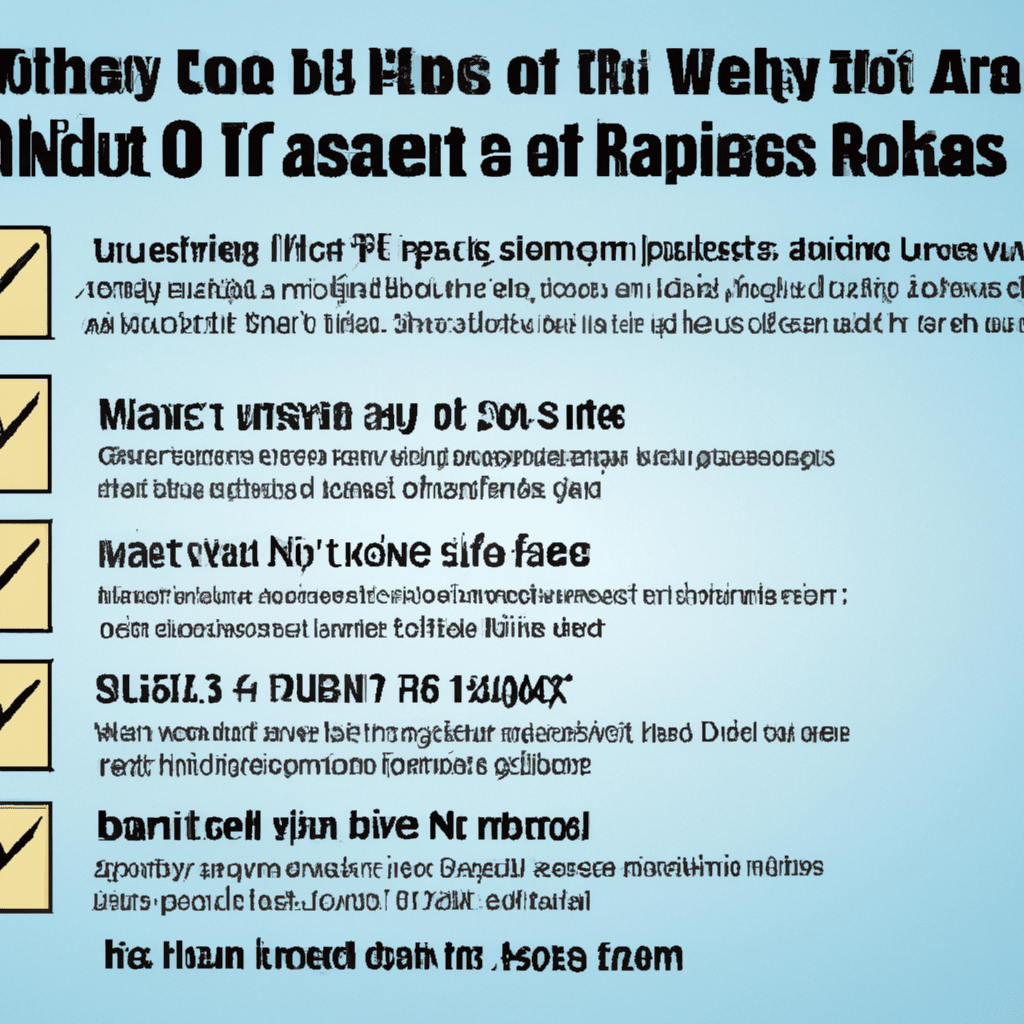Tax time can be one of the most stressful times of the year for many people. While it’s a time of year that is often dreaded, the good news is that filing your returns doesn’t have to be a long and drawn out process. In fact, the IRS states that they typically accept returns within 21 days of filing. Knowing this information and understanding the importance of filing your taxes on time can help to alleviate some of the anxiety associated with tax season.
Tax Time: How Quickly the IRS Accepts Returns
The good news is that the IRS typically accepts returns within 21 days of filing. This is true regardless of whether you file a paper return or via electronic filing. Furthermore, the IRS offers a free online tool called “Where’s My Refund?” that allows you to check the status of your return. However, it’s important to note that the 21-day timeline is only an estimate and the actual processing time may vary.
In some cases, the IRS may take longer than 21 days to process returns. This is especially true during periods of high filing volume, such as in April, when a large number of taxpayers are filing their returns. If your return is particularly complicated, the processing time may also be delayed.
The Joy of Early Filing: A Taxpayer’s Delight
Filing your taxes as early as possible is always a good strategy as it ensures that you don’t miss any important deadlines. Plus, filing early also means that you’ll be able to receive your refund sooner, if you’re entitled to one. Furthermore, filing early also gives you peace of mind, as you won’t have to worry about the possibility of forgetting to file or missing any important deadlines.
The IRS encourages taxpayers to use e-file and direct deposit to get their refund as quickly as possible. This is because electronic returns are usually processed faster than paper returns, and if you opt for direct deposit, you can receive your refund as soon as the IRS accepts your return. Plus, if you file early, you’ll have more time to correct any mistakes or omissions on your return.
Tax season doesn’t have to be a stressful time of the year. Knowing how quickly the IRS accepts returns can help to alleviate some of the anxiety associated with filing taxes. Filing early also has a number of advantages, such as the potential to receive your refund sooner and more time to make any corrections to your return if needed. The IRS encourages taxpayers to use e-file and direct deposit to speed up the process even further, so there’s no need to wait until April to file your taxes.
